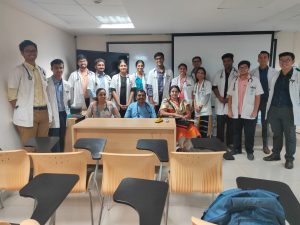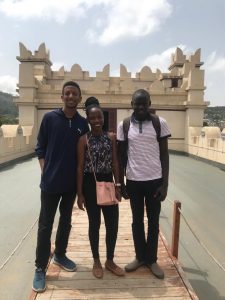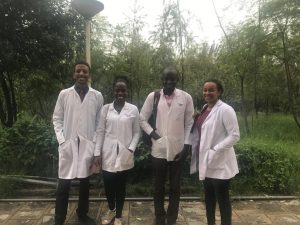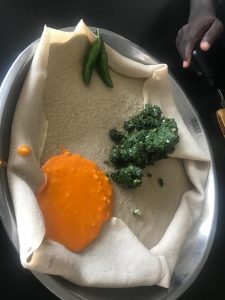By: Shin Loong Soong, GEMx Student Ambassador from RCSI-UCD Malaysia Campus who participated in an internal medicine elective at Kasturba Medical College Manipal.
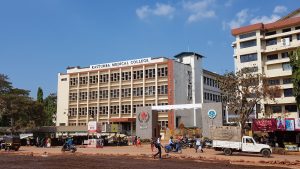
As part of the RUMC curriculum, an elective component was made mandatory for students prior to graduation, promoting medical knowledge exchange through learning from a system, settings and practices not familiar to the student however, what excited me the most, was the opportunity to travel and experience a cultural exchange. I can still remember attending a sharing session by the RUMC GEMx Ambassador, Dr Low Yik Chin back when I was a fresh third year student in RUMC. Being inspired by her experience, I decided to do my elective at KMC Manipal. As such, I submitted my application in February 2019 and was offered a place in KMC Manipal shortly after the submission of my application.
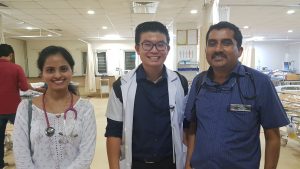
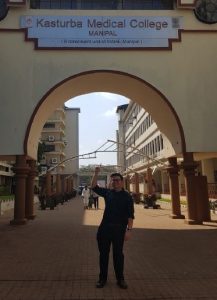
One of the biggest challenges that I have faced during my elective placement is the language barrier. Despite having the teaching and discussions conducted in English, most of the patients admitted were unable to converse in English, and with my inability to converse in Kannada, I was initially fearful that this compromised my learning, as clinical learning relies on communication with patients. However, the challenge was easily overcome with the help from my peers and the resident doctor, Dr Poonam Kamath, who have willingly took some of their valuable time to translate and explain the patients’ conditions to me.
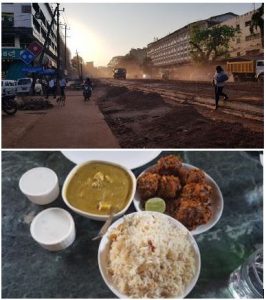
With Malaysia being a big cultural melting pot that consists of three major race groups (Malay, Chinese and Indian), I was exposed to different cultures from a young age, and have always loved Indian cuisine. There are many things that I enjoy and like about India, the colourful sarees, the smell of incense and spices, the scenery comprising animals like cows and dogs roaming freely in the streets, the taste of delicious and authentic Indian cuisine, and the amazing Indian hospitality. As I travelled to India alone, I initially experienced some culture shocks and difficulty in adapting to life in India. But it is due to their amazing hospitality, and the kindness from a stranger who later become a friend, that I never felt lonely and my journey in India turned out to be amazing.
